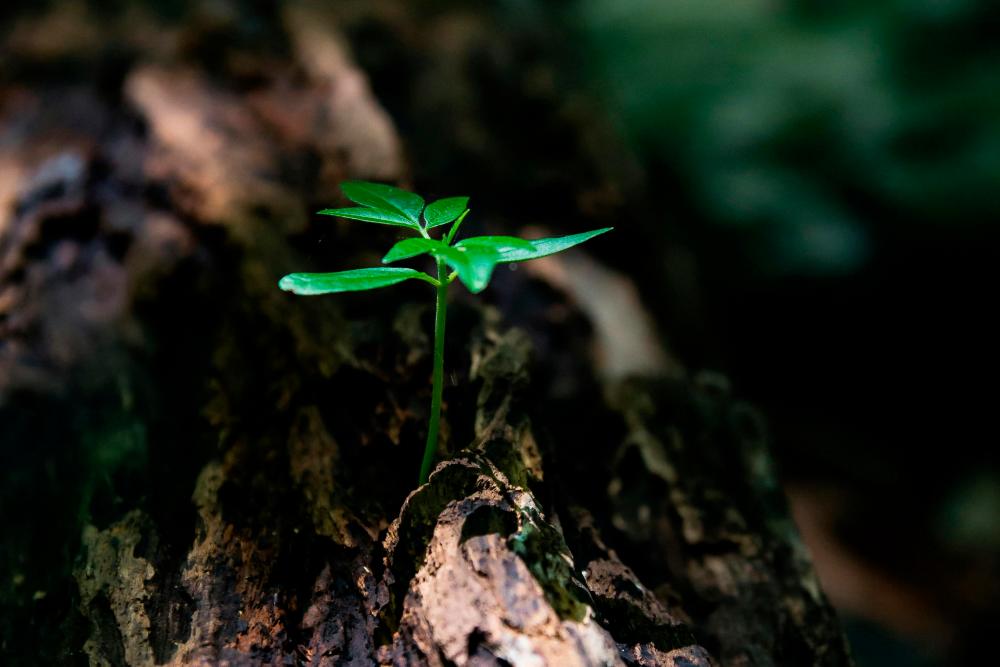INDIVIDUALS, groups, institutions and entrepreneurs all have a responsibility to maintain and improve our environment. This must be done collaboratively to achieve meaningful progress.
Human activities and the environment must be protected from widespread destruction. Taking proactive measures now is far more effective and cost-efficient than dealing with the consequences when the situation has worsened.
Today, we see the destruction caused by human actions: pollution of water, air and soil, as well as harm to ecosystems. These disruptions threaten the delicate balance of nature and endanger life on Earth.
People who live below the minimum standard of human well-being lack adequate food, clothing, shelter, health and hygiene.
We must direct our efforts to improving these conditions and safe- guarding the environment.
Our natural resources – water, air, soil, plants and animals – must be safeguarded. The capacity of our environment to produce essential renewable resources must be preserved and, where possible, improved.
Environmental pollution must be minimised to ensure that serious or irreversible damage does not occur to living things or natural systems. Measures should be taken to prevent the pollution of seas and inland waters as this can harm human health, aquatic life and natural resources.
We have a responsibility to protect and manage wildlife and their habitats wisely.
The conservation of nature, including wildlife, must be given due consideration in socioeconomic planning. A unified and coordinated approach to development planning is essential.
Children should be educated about the environment, and the mass media should play a key role in disseminating information about environmental degradation. Instil a sense of environmental responsibility in young people and adults.
The government has taken action to formulate a comprehensive plan to control pollution, by listing and identifying each of the sources of pollution, as well as determining the quantity and methods of pollutants being emitted.
Baseline studies should be carried out on toxic pollutants present in the production of major commodities, animal feed and the food consumed by people.
The preservation of nature must be prioritised in national planning. Scientific project areas should be designated as reserves or parks to maintain their natural beauty and recreational value.
Research should be conducted on essential food items, such as meat, fish, milk and vegetables, to identify any potential risks of infectious diseases.
Local standards should be promulgated prohibiting the sale or consumption of foods that are at stages of contamination that may endanger human health.
Bulbir Singh is a former president of the Negeri Sembilan Consumers Association. Comments: letters@thesundaily.com









